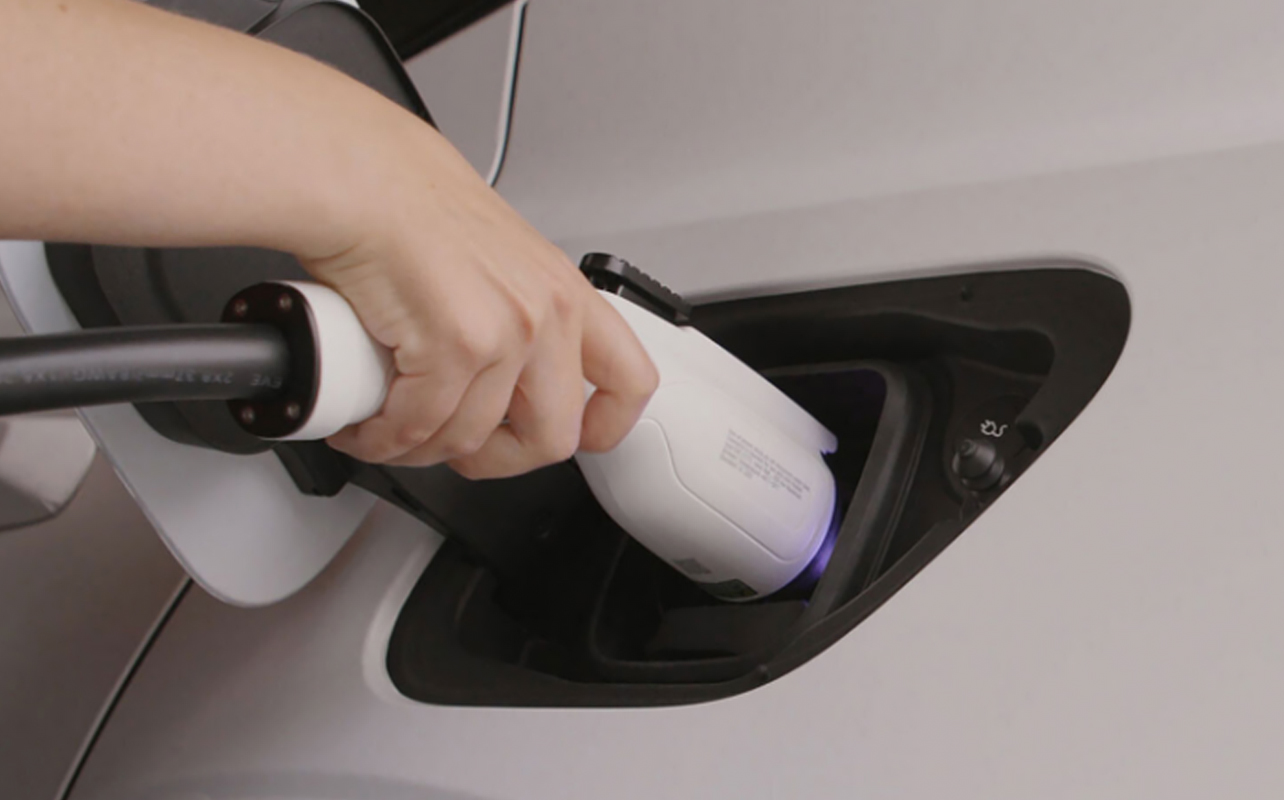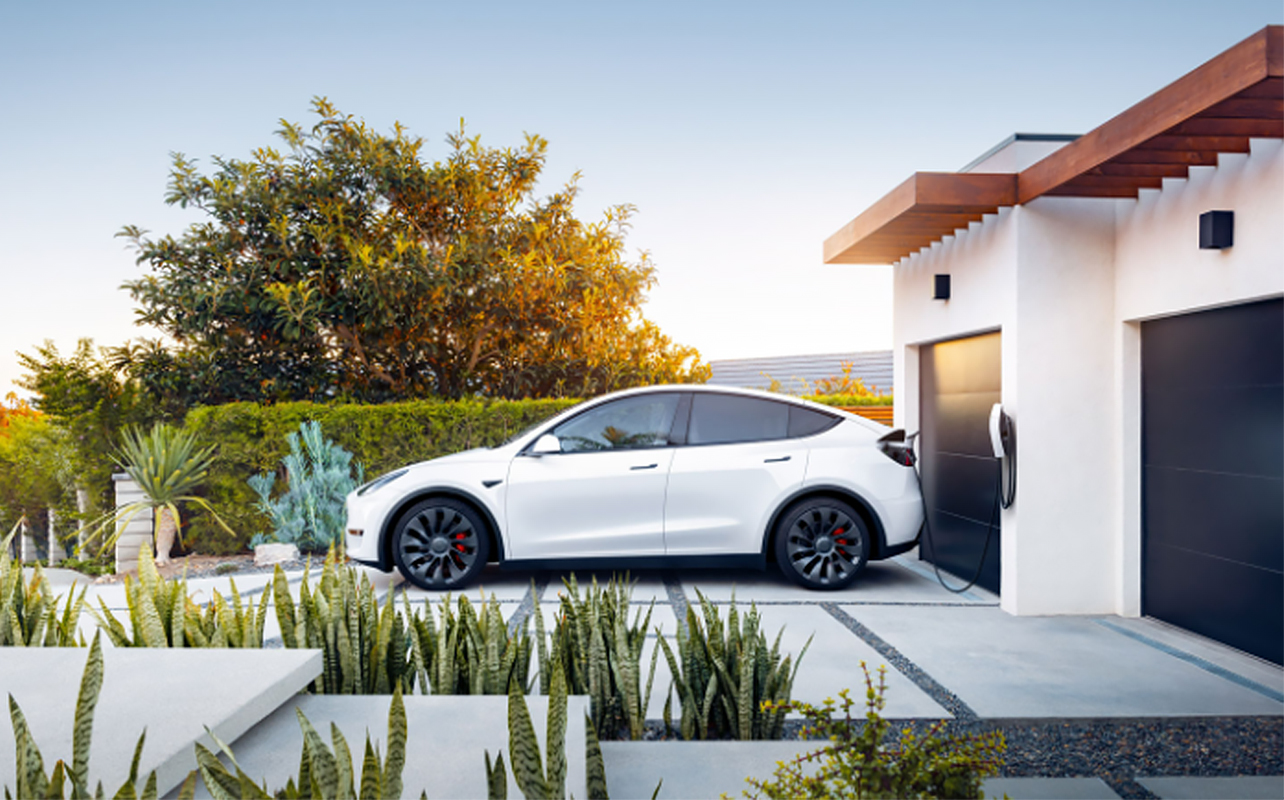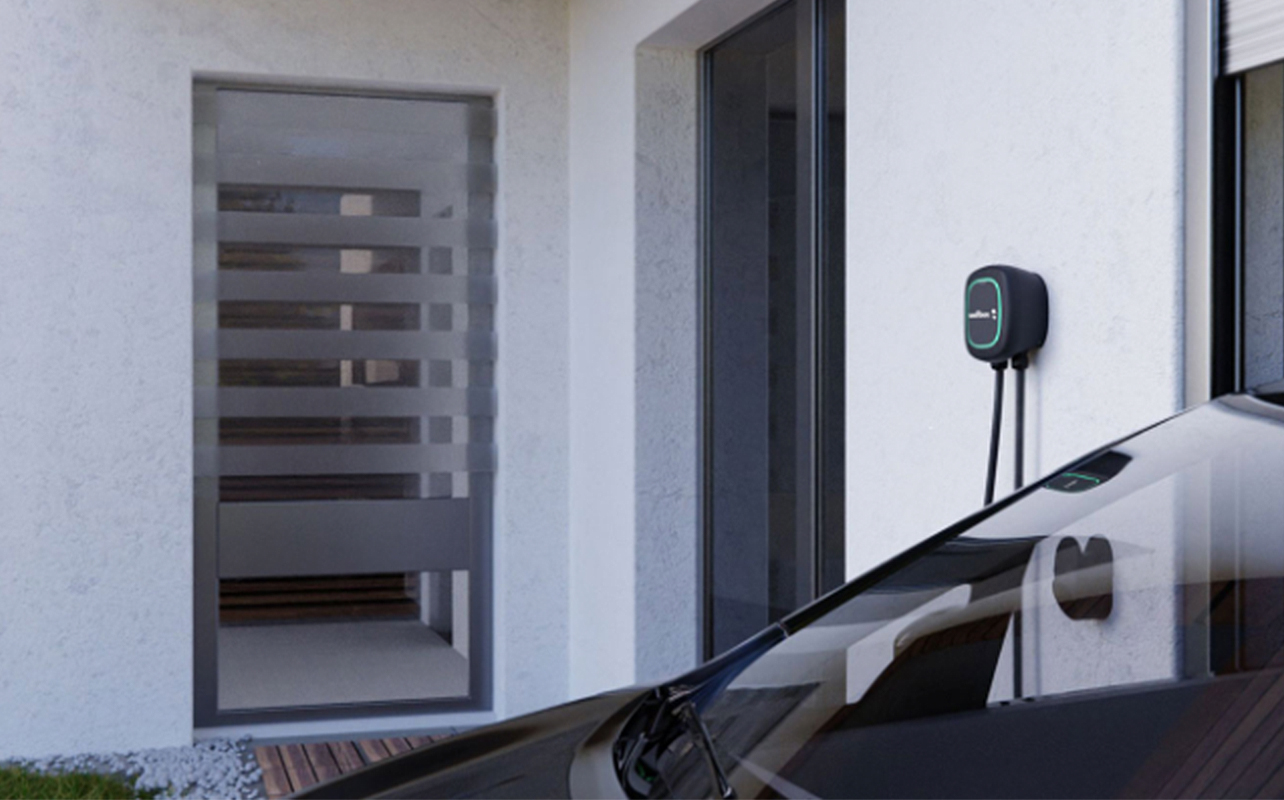
Installing an electric vehicle charger at your home? There are many provincial rebate programs here to support you, reducing the costs and making EV adoption more accessible. Provinces like British Columbia, Québec, and Prince Edward Island offer targeted rebates designed to reduce the upfront costs of purchasing and installing EV chargers. Whether you’re getting one for a single-family home or preparing a multi-unit building for EV adoption, these programs are here to help make charging infrastructure accessible and convenient.
Learn more about the available the EV charger rebate programs in your province and how you can take full advantage of them. Discover how these initiatives not only save you money but also support Canada’s green energy transition.
Explore EV charger rebate programs in your province
EV charger rebate programs in many provinces and territories encourage the adoption of electric vehicles and infrastructure. By significantly reducing the financial burden of EV charger installation, they make it easier for their residents to transition to cleaner, more efficient transportation. For individuals and businesses alike, participating in these programs can result in great savings. Explore these rebate opportunities and make a positive impact on your communities.
When reading about these programs, remember that many require EV chargers to meet specific eligibility criteria and have set application periods and requirements. The information below is accurate as of writing, visit each program’s website for detailed, up-to-date information.

Alberta
As of January 2025, there are no active provincial EV charger rebate programs for Alberta residents. The provincial government has not introduced specific incentives to support individual homeowners or businesses in installing EV chargers. Past programs, such as the Municipal Climate Change Action Centre’s EV Charging Program, ended in 2023.
Meanwhile, some municipalities, like Calgary, may offer localized initiatives such as ChargeYYC. This program aims to support the installation of Level 2 EV chargers in multi-unit residential buildings.
British Columbia
- CleanBC Go Electric EV charger rebate: This program offers one of the most extensive EV charger rebate programs in Canada. Through BC Hydro and FortisBC, homeowners, multi-unit residential buildings, and workplaces can apply for rebates on Level 2 EV chargers.
- How it works: Go Electric provides rebates covering up to 50% (or up to $350) of the cost for the purchase and installation of a charger at a single-family home. Multi-unit residential buildings can receive funding for creating EV Ready plans, installing infrastructure, and purchasing chargers.
Residents should consult BC Hydro’s website to find specific rebate forms, deadlines, and application requirements. For more information visit CleanBC Go Electric EV Charger Rebate Program.

Ready to choose the right EV charger for your home?
Check out Best Buy Blog’s EV charger buying guide to help you choose the best option. Learn about the different levels of EV charging and factors that affect compatibility.
Manitoba
The province does not currently offer any provincial EV charger rebate programs. In addition, it has not implemented significant financial incentives for EV infrastructure. However, Manitoba Hydro provides a financing option through the Home Energy Efficiency Loan for those looking to make energy efficiency upgrades to their property. This convenient and affordable option allows you to finance your renovations through monthly payments added to your energy bill.
New Brunswick
- Plug-In NB: Through Énergie NB Power, Plug-In NB EV rebate program supports residents who purchase and install a Level 2 EV charger.
- How it works: The Plug-In NB program provides a rebate covering 50% of the cost of purchasing and installing a new Level 2 EV charger, up to a maximum of $750. Applicants must have received a vehicle rebate through the same program to qualify. This ensures the rebate is directed toward active EV users. Applications require proof of purchase and installation costs, as well as documentation showing the receipt of the EV rebate.
Northwest Territories
- Arctic Energy Alliance rebate program: The Arctic Energy Alliance (AEA) administers a rebate program in the Northwest Territories to support the adoption of electric vehicles and EV chargers. The program provides financial incentives to offset the cost of purchasing and installing Level 2 EV chargers. Since September 2024, applications have temporarily closed.
- How it works: For home use, the rebate covers up to 100% of eligible purchase and installation costs, maximum $500. Applicants must provide proof of purchase and installation, and the chargers must meet the program’s technical specifications.
Nova Scotia
- Efficiency Nova Scotia’s rebate programs: Nova Scotia offers rebates for EV chargers through Efficiency Nova Scotia’s EV Ready program. It focuses on businesses and multi-unit residential buildings (MURBs).
- How it works: There are two separate rebate pathways.
- EV-Ready Approach prepares MURBs for widespread EV adoption. It includes EV Ready Plan Rebate and EV Ready Charger Rebate. The EV Ready Plan Rebate assists in developing a long-term strategy for EV charging. The EV Ready Charger Rebate supports installing chargers as part of the EV Ready Plan.
- Standalone EV Charger: This program provides rebates for initial charging stations, focusing on early adopters or smaller-scale requirements. It covers 50% of eligible costs, with maximum rebate $2,500 per charger (up to $10,000 per building).
Ontario
Currently, Ontario does not offer a provincial EV charger rebate program. While the province once had strong incentives, these were phased out in recently. Residents must rely on available federal funding or local initiatives for financial support.
For example, the City of Toronto offers the Home Energy Loan Program (HELP) to assist homeowners in financing energy-efficient upgrades. Through this program, eligible homeowners can access low-interest loans of up to $125,000. Improvements covered include home EV Level 2 charging stations. Alternatively, the EV Station Fund supports the installation of EV charging stations, focusing on areas with limited chargers in the Greater Toronto and Hamilton Area. Rebates cover up to 50% of installation costs, subject to limitations.
Prince Edward Island
- PEI Electric Vehicle Charging Funding Program: PEI EVCF Program offers a robust EV Charger incentive. This initiative supports individuals, businesses, and municipalities in enhancing EV infrastructure. Currently, the program is temporarily not accepting applications. You may request to be put on a wait list for potential funding in the future.
- How it works: The program covers up to 75% of project costs, including equipment and installation. Rebates are capped at $7,500 per Level 2 charger. Fast chargers have a higher cap. Applicants must demonstrate how their project aligns with PEI’s sustainability goals and submit cost estimates and proof of expenditure.
Québec
- Roulez vert: Québec’s Roulez vert program is one of the most comprehensive in Canada. It provides accessible funding for a wide range of EV infrastructure projects. There are financial incentives to individuals, businesses, and multi-unit residential properties to install Level 2 chargers. From February 1, 2025 to March 31, 2025, the program will be temporarily suspended.
- How it works: For single-family homes, you could get $600 to purchase and install a Level 2 charger. Multi-unit residential buildings can receive financial support for developing EV Ready plans and installing chargers, with higher caps depending on the scale of the project. Residents and businesses should ensure compliance with program requirements, including proper documentation and certified installations. Applications require proof of installation by a certified electrician and receipts for eligible costs.
Yukon
- Good Energy Program: Yukon Good Energy Program promotes the use of Level 2 chargers by providing financial support to homeowners and businesses. It aligns with the territory’s focus on sustainability and accessibility.
- How it works: The program covers 50% of the cost of a Level 2 charger and its installation, up to a maximum of $1,500, at a personal residence. Businesses can access higher funding caps for public-use chargers.
Other provinces and territories
Provinces and territories such as Newfoundland and Labrador, Saskatchewan, Nunavut have no current EV charging rebate programs. Residents of these areas can explore initiatives at both local and federal levels, like the Canadian Government’s Zero Emission Vehicle Infrastructure program (ZEVIP) discussed in the next section.
Canadian federal incentives for EV chargers

The Canadian Federal Government offers a rebate program for EV chargers. The Zero Emission Vehicle Infrastructure Program (ZEVIP) is a cornerstone program for expanding Canada’s EV infrastructure. It aims to address the lack of charging infrastructure across Canada by funding projects that support the deployment of EV chargers in public spaces, workplaces, multi-unit residential buildings, and other high-traffic areas. It’s designed to accelerate the adoption of zero-emission vehicles and reduce greenhouse gas emissions.
- Eligibility: Funding is open to municipalities, Indigenous organizations, non-profits, private businesses, and utilities. Eligible projects include installing EV chargers in publicly accessible areas, workplaces, fleet depots, and multi-unit residential buildings. Applications must align with the program’s goal of increasing EV infrastructure accessibility in underserved or high-demand areas.
- Maximum funding: ZEVIP provides cost-sharing agreements for eligible projects, typically covering up to 50% of total project costs, with a maximum contribution of $5,000 per Level 2 charger. For larger, high-powered chargers, the funding caps are higher.
- Application: Applications are accepted during specific periods, and funding is allocated on a competitive basis, focusing on projects that demonstrate significant public benefit. Recipients must meet technical standards for chargers and provide usage data to support program evaluation. The program is available until 2027. However, ZEVIP applications have been paused at the moment.
Is your home EV-ready?
Transitioning to electric vehicles is a significant step toward Canada’s green energy transition. By getting your home EV-ready, you can have the convenience of at-home charging while contributing to a sustainable future. Explore the various electric vehicle charger rebate programs available to you. These initiatives provide a valuable opportunity to make the switch to electric vehicles more financially feasible.
Check out Best Buy Canada’s selection of EV charger and accessories.





